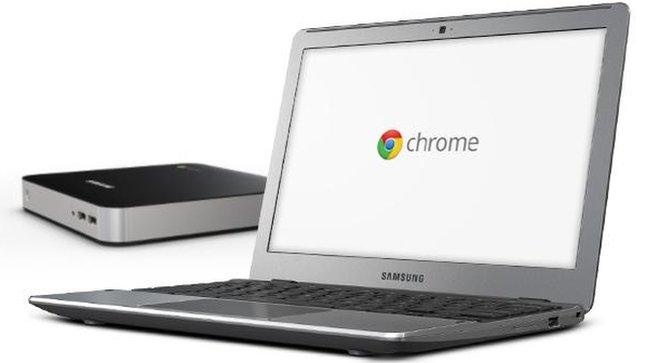Faster Chromebook laptops revealed by Google and Intel
- Published
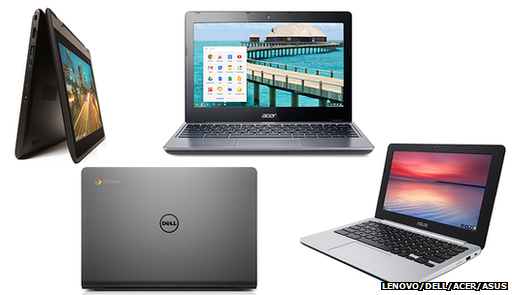
Intel has unveiled new Chrome OS laptops powered by its chips
New computers running Google's Chrome operating system from Lenovo, Acer, Asus, HP and Toshiba have been shown off at an event in San Francisco.
In addition, Dell announced it would offer, external its existing Chromebook laptop with a faster processor.
The move is designed to build on rising demand for the web-oriented tech.
According to research firm NPD, Chrome OS computers accounted for 24% of sales of sub-$300 (£177) PCs in the US over the first three months of the year.
It said many consumers were purchasing them as a budget second or third computing device, while schools and universities viewed them as a cheap replacement for ageing Windows XP computers that Microsoft no longer supported.
However, NPD added that competition in this commercial sector was likely to become tougher.
"None of Chrome OS's competitors really expected anything last year, so they weren't really prepared for it," said Stephen Baker, the firm's vice president of industry analysis.
"But everybody is prepared this year, and I think it will be a bigger challenge to gain share in volume."
Even so, Google executive Caesar Sengupta - who spoke at the launch event - was keen to highlight the platform's success at retailer Amazon, where eight of the current 20 bestselling laptops are Chromebooks.
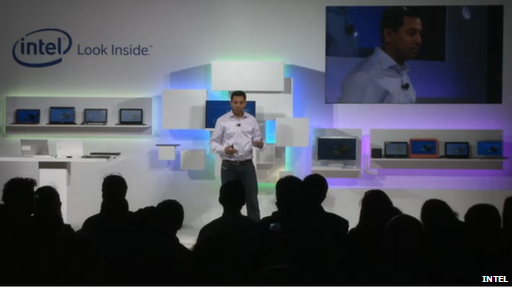
Google's Caesar Sengupta co-hosted the event in San Francisco
In addition, he noted that nearly 10,000 schools had now equipped themselves with Chrome OS computers - about double the number that had been the case six months ago.
Limited laptops
Chrome-based computers tend to be cheaper than comparable Windows-powered rivals, in part because Google does not charge manufacturers to include its software.
They are designed to use web apps and online storage in most cases, rather than run programs off their hard disks.
Since their launch in 2011, Google has been adding features, the latest of which include voice commands and ability to play certain videos while offline.
But some programs remain unavailable, such as the full version of Photoshop, iTunes and many video games.
Intel chips
The newly announced Chrome OS hardware all runs on chips manufactured by Intel, which co-hosted the news event.
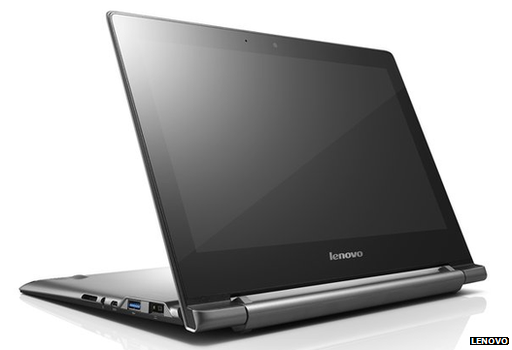
The touchscreen Lenovo N20P is the Chinese firm's first consumer-targeted Chromebook
It was keen to highlight the inclusion of its Bay Trail-M chips in some of the laptops, which it said offered an extra hour of battery life compared to last year's versions, were faster and could be fanless, and therefore thinner.
The chipmaker also announced that US manufacturer CTL planned to release a Chromebook based on an Intel-design later this year.
But it made no mention of Samsung, the manufacturer of the bestselling Chromebook model. The South Korean firm uses its own ARM-based Exynos processors.
Developing economies
Last year a total of 2.9 million Chrome OS-powered computers were shipped, according to the tech consultancy Gartner.
That was a fraction of the 280 million Windows-powered PC and the 12.5 million Mac OS computers delivered to retailers and customers.
But by 2016, Gartner forecasts that computers running Google's system will have leapfrogged Apple's hardware to take second place behind Microsoft's ecosystem.
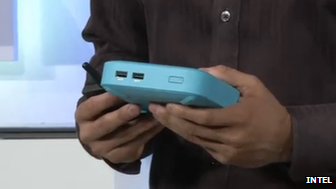
Intel also showed off a new screenless HP Chromebox that it said could be used to power public displays
"There's a couple of reasons - one is the number of vendors who are now pushing a [Chromebook] device," explained Ranjit Atwal, research director at the firm.
"The second thing is the appeal they have in developing markets given their price points.
"You're looking at large-screen notebooks for less than $200 with a good software ecosystem around them - that's a compelling proposition. The only inhibiting factor is connectivity."
Although Chromebooks can run software while offline they sometimes offer reduced functionality, external - such as being able to view but not edit entries in Google's Calendar app.
The computers also tend to have smaller hard disk sizes than their Windows/Mac equivalents - users are instead urged to rely on cloud storage.
While this helps keep their cost low, it again restricts their appeal in areas where broadband coverage is limited.
More details about the new models - and forthcoming Windows-based rivals - are likely to be announced at Taiwan's Computex trade show next month.
- Published18 December 2013
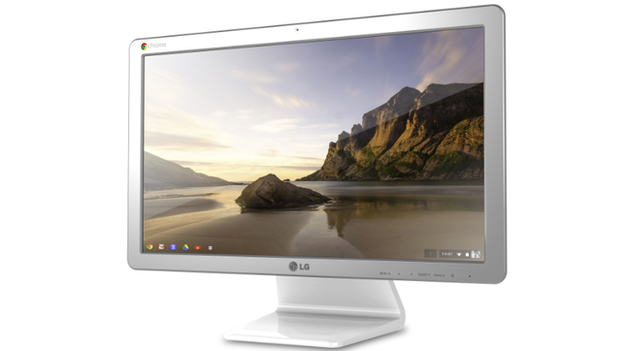
- Published14 November 2013
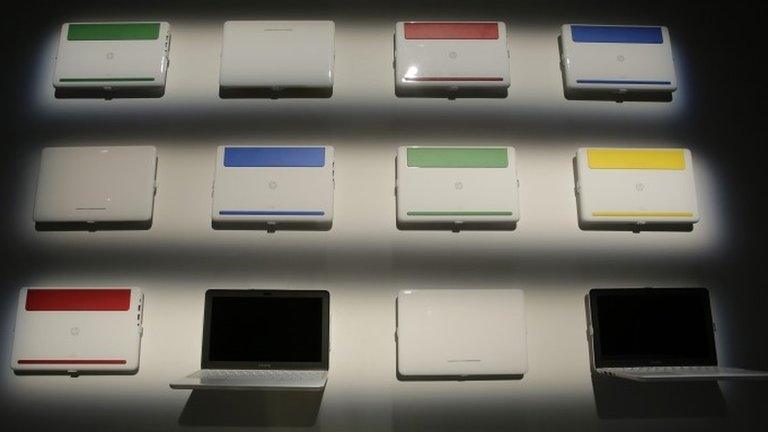
- Published21 February 2013
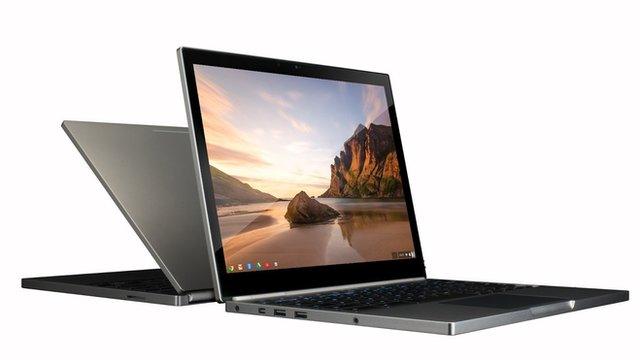
- Published29 May 2012
